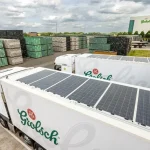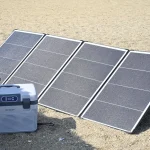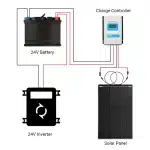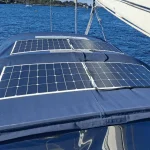Table of Contents
In August 2022, Congress extended the ITC while increasing the total rebate from 26% to 30%.
This means that if you install a solar system on your home at any time in 2023, you can write off up to 30% of the cost of your solar installation from the taxes you owe the IRS on your 2024 tax return.
While 30% won’t cover the total cost of installing solar panels on your home, the federal ITC, combined with other potential incentives from your state and local governments, can result in significant savings.
Let’s learn more about how you can utilize government incentives to help pay for your solar installation and reduce your reliance on the grid.
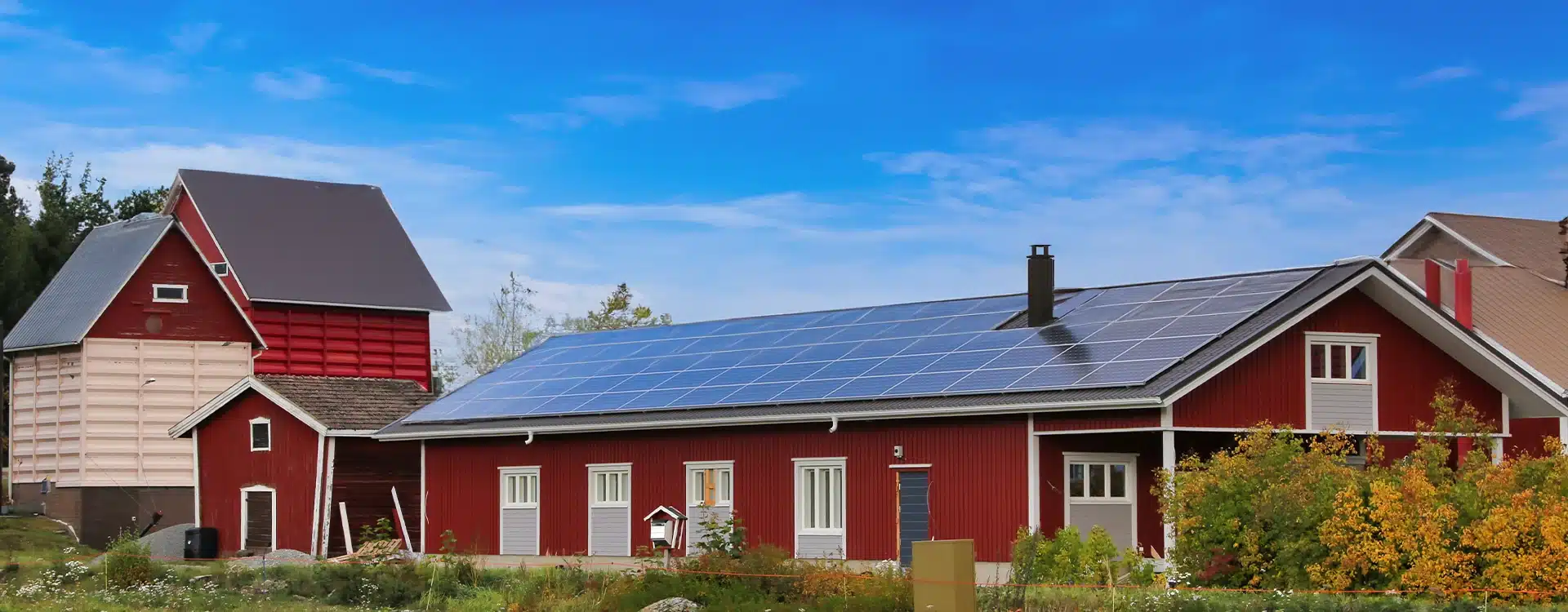
How To Get Free Solar Panels From The Government 2023?
The term “free solar panels” is a misleading marketing ploy used by some companies. There is no company or government program that offers free solar panels. When you see the term “free solar panels” it could mean one of the following:
- A solar lease agreement
- Power Purchase Agreements (PPAs)
- Government programs for low-income households
If the offer doesn’t fit into any of these categories, it may be a scam.
What is a solar lease?
Solar leasing is exactly what the name implies. A provider installs solar panels at zero upfront cost, and you sign a contract agreeing to lease the system for a specified period of time, usually 10 to 15 years.
The agreement makes sense if the solar lease price is lower than your monthly electric bill, but if the lease price is higher, you could actually lose money.
What is a Power Purchase Agreement (PPA)?
You may be offered a solar power purchase agreement (PPA). In this type of agreement, the solar panels are still installed on your roof for free. However, instead of paying a fixed monthly fee, as you would with a lease, you pay for the electricity generated by the solar panels during the billing period.
To make the deal even more attractive, solar power purchase agreement providers will charge a kilowatt-hour rate that’s slightly lower than the local price of electricity. Read the agreement carefully – some PPA contracts may charge you more.
What are government solar programs?
Government-subsidized solar programs do exist, but they are rare and only available to low-income households. These programs are usually administered by government agencies, regulated utilities, or non-profit organizations. Private companies can participate as approved installers, but must follow strict guidelines.
In conclusion, “free” solar panel offers are not always scams, but they are misleading. Many companies are more transparent in their sales pitches: they will clearly state that the upfront payment is zero, but that you must sign a solar lease or power purchase agreement and make ongoing payments to the solar company.
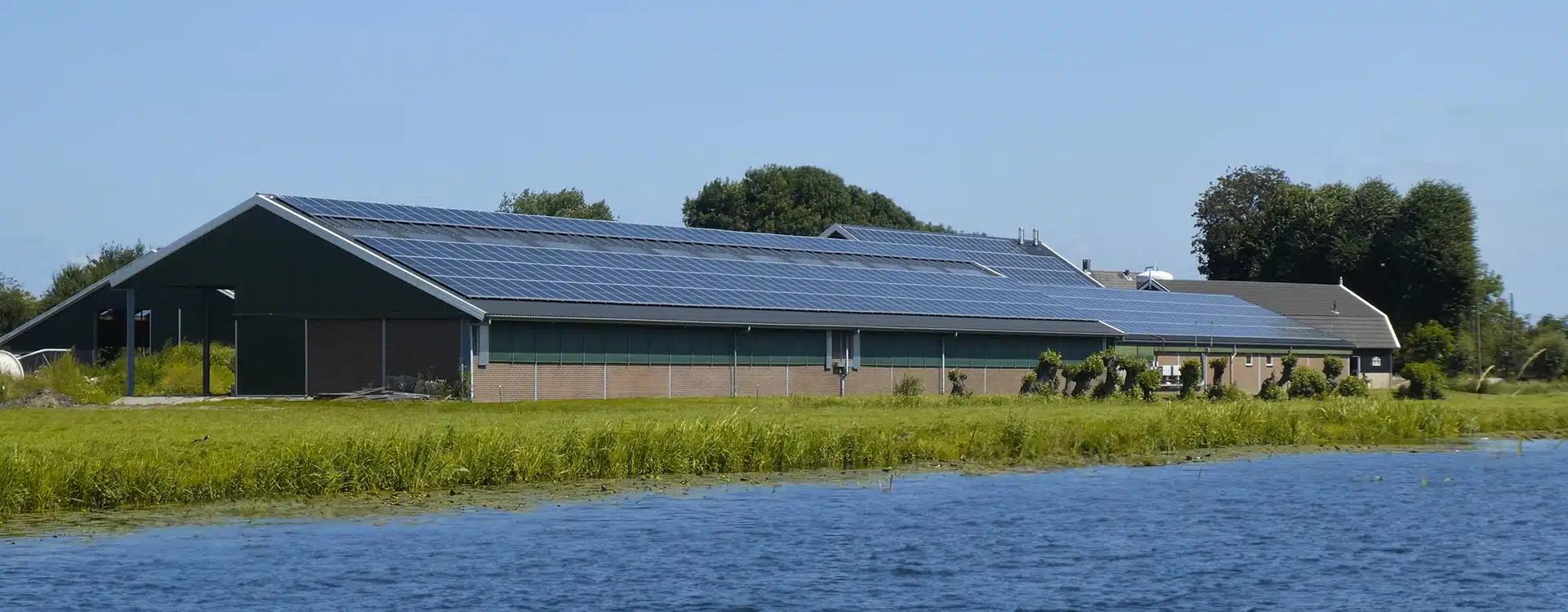
How to get free solar panels from the government?
Everyone dreams of getting free solar panels from the government for their home or commercial property, but it’s far from simple. The truth is that there is no such thing as free solar panels from the government, but there are various incentives and programs that can reduce the cost of installing a solar system.
There are many ways to reduce the upfront cost of a rooftop solar system without signing a lease or power purchase agreement contract. Financial incentives available for solar panels in the United States include:
- State and federal tax credits
- The Solar Investment Tax Credit (up to 30%)
- Cash rebates (ranging from hundreds to thousands of dollars, depending on where you live)
- Solar Renewable Energy Certificates (SRECs)
- Subsidized solar loans (below market rate APR)
- Property tax exemptions (which can save you hundreds or thousands of dollars in property taxes)
Again, some of these incentives depend on where you live, your utility company, and the solar manufacturer or installer you choose. However, by taking advantage of one or more of these incentives, as well as the federal ITC, you can pay for most of the balance of your solar panels and system.
Also, keep in mind that once your solar system is up and running, you can save money on utility bills or eliminate them altogether! At the end of the solar payback period, you can realize a significant return on your investment.
If you choose a grid-tied solar system, you may be able to recoup your costs by producing surplus energy and selling it back to the utility.
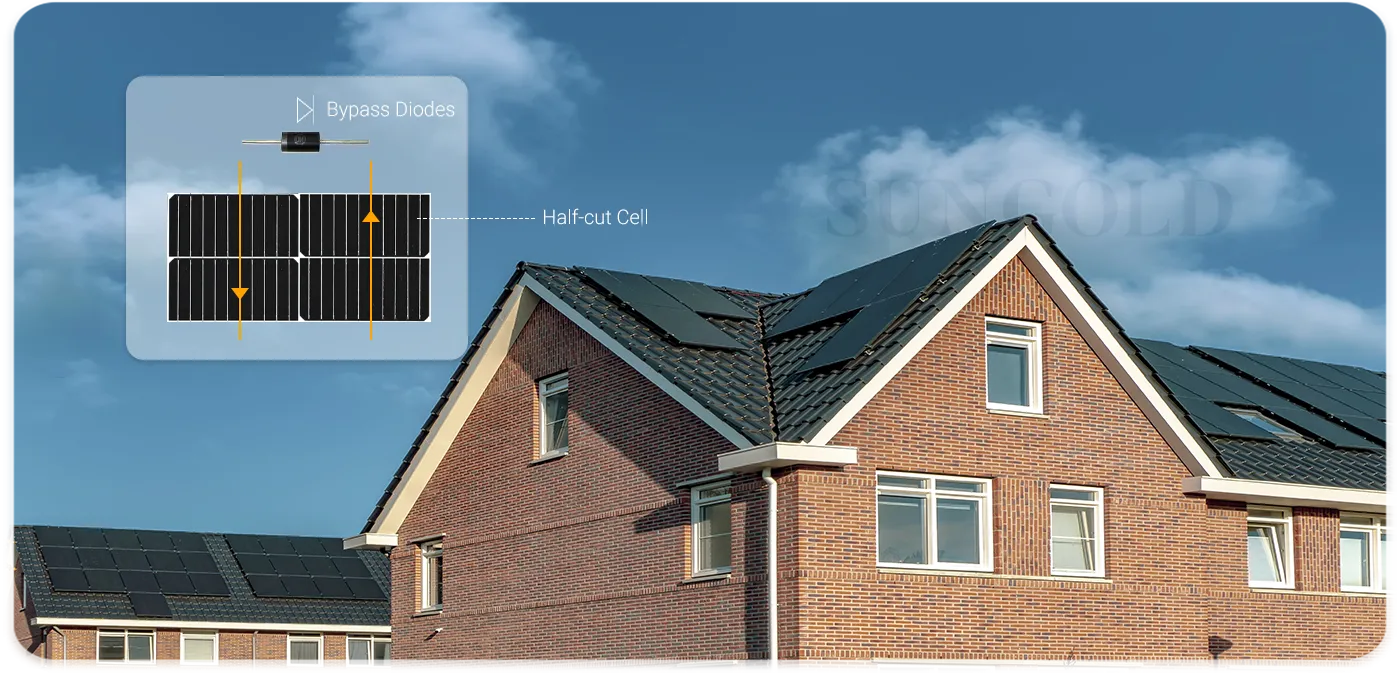
Reasons Why the U.S. Government Launched a Solar Incentive Program
Indeed, solar energy has quickly become a favorite among communities that desire to live green and reap the environmental and economic benefits of solar power. But why is the U.S. government launching free solar panel government programs, and what is the purpose of these programs?
The initial ones were designed to help offset the cost of purchasing residential solar to entice more homeowners to install solar panels and to help accelerate solar investment and innovation. These incentives help jump-start and support a vibrant local solar industry. First, subsidies and tax incentives make the transition to solar more affordable. This increases sales, which in turn increases competition in the local market. As a result, it helps to further reduce installation costs.
The solar incentive programs introduced by the U.S. government have some great benefits that can help make the transition to solar easier and more profitable. Ultimately, all incentives are designed to ensure a greener, brighter energy future, which is something we can all support.
Where to get information about solar panel incentives and rebates?
Reducing your energy bills and letting solar power your home sounds appealing. However, the hurdles you need to overcome to get incentives and reduce installation costs can be overwhelming. Fortunately, there are several ways to get reliable and accurate information about solar panel incentives and rebates.
One of the most comprehensive and up-to-date sources is the Database of State Incentives for Renewable Energy and Efficiency (DESIRE), which provides a complete list of solar incentives and policies by state. Not only is the information regularly updated, but it also provides detailed guidance on each policy and incentive.
Another great resource for information on solar incentives is SolarReviews, a Solar Energy Industries Association (SEIA) partner. they offer a Solar Incentives Resource Page that includes state-by-state solar data updates. The page breaks down incentives by state, tax credits, and other financing program incentives.
Finally, there’s nothing better than talking directly to your installer. Your installer will not only be able to provide you with the most up-to-date information about solar incentives in your area, but will also be able to explain how these incentives apply to your particular project.
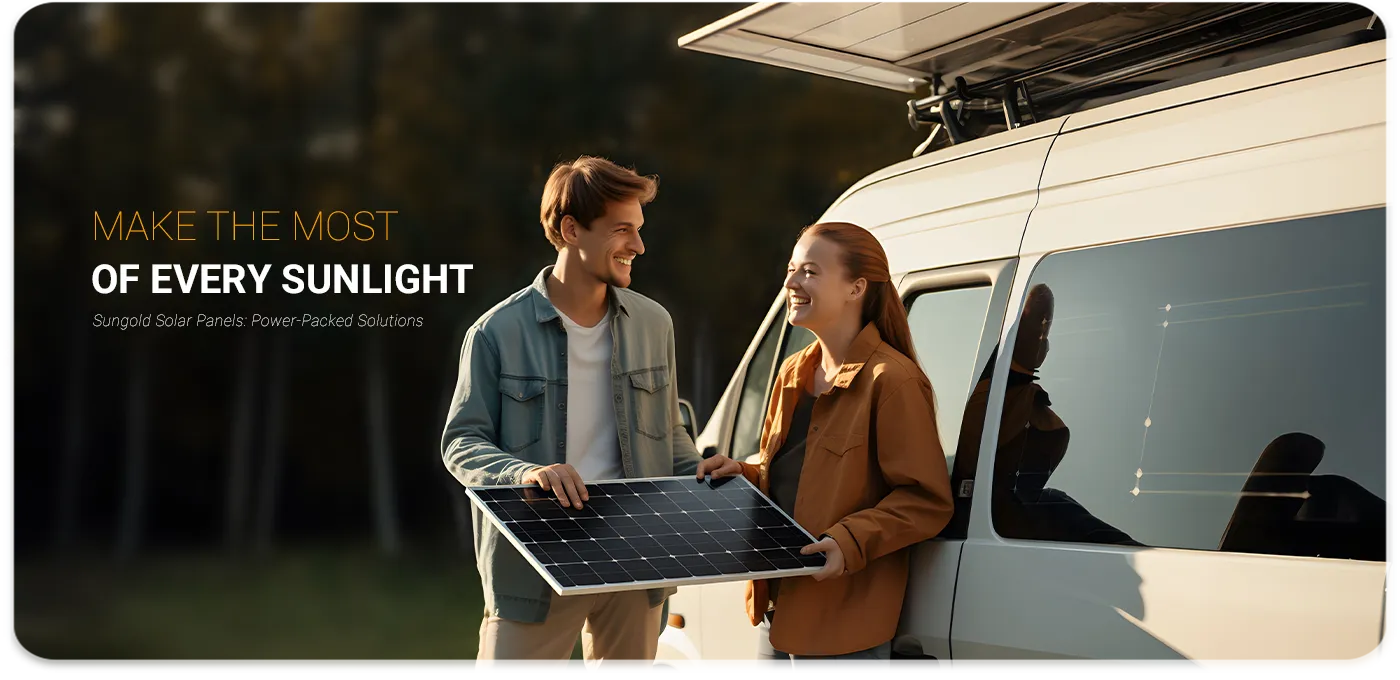
How to Choose a Reputable Solar Company?
There are many solar suppliers and installers on the market, so choosing the best option can feel like a challenge. We recommend looking for a solar company that offers high-quality products and expert workmanship. The following steps can help you narrow down your options when choosing a solar company:
Compare costs: The average cost of a solar installation, including equipment and labor, is about $3 per watt. Before choosing a solar company, compare multiple quotes to see how the total cost per watt breaks down. Be on the lookout for companies that try to pressure you into signing a contract without evaluating your options.
Compare financing options: not all solar panel companies offer solar panel leases or power purchase agreements. If you want to lease panels, look for companies that offer this financing option. Also, if you’re taking out a loan, be sure to ask about the interest rates and fees specified in your contract.
Find a local installer: In general, we recommend avoiding door-to-door solar salespeople and instead hiring a solar company that operates locally. Companies that are locally based and have a team of in-house contractors tend to have a better understanding of local policies and provide more consistent customer service.
Confirm your company’s reputation: Verify that your solar company is trustworthy and reputable by reading customer reviews on third-party websites like BBB or Trustpilot. Check how long your company has been in business and verify that its certifications are up to date.
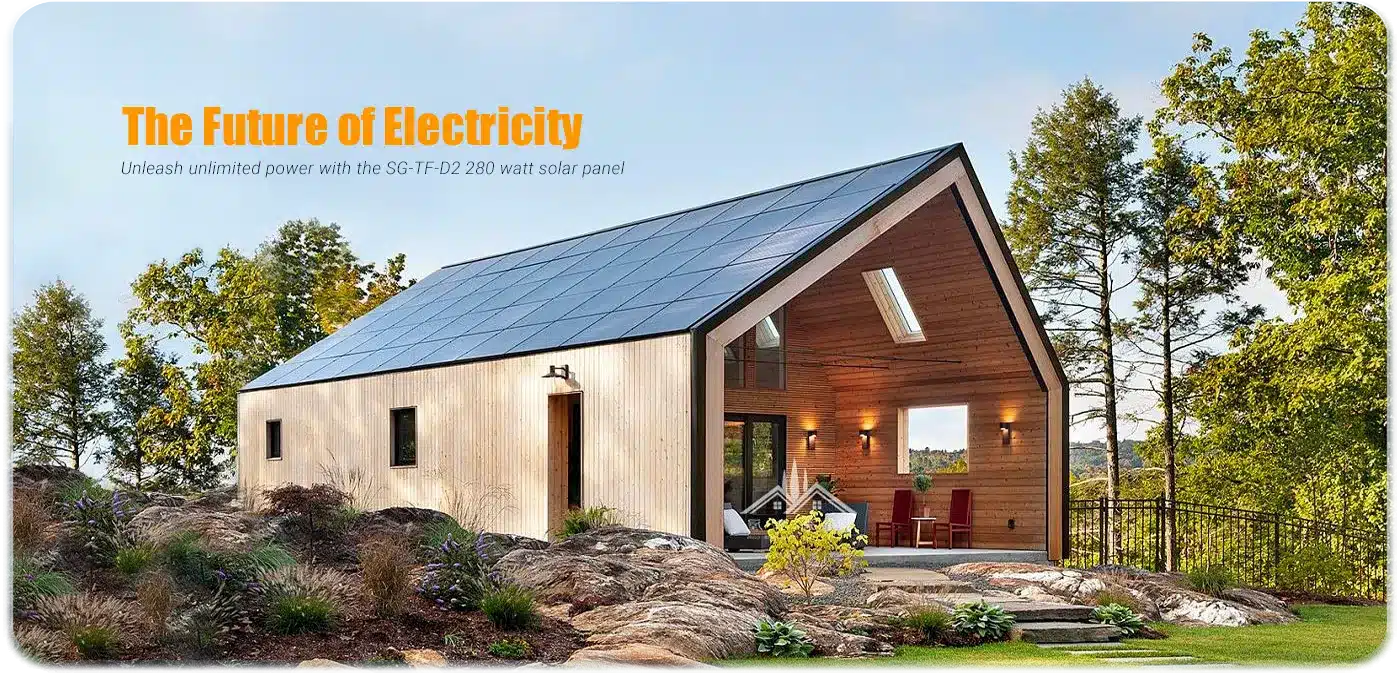
Frequently Asked Questions
Can I really get free solar panels?
Depending on where you live, you may be able to get solar panels for free (or close to free) if you combine all federal, state, and local incentives, including any incentives your local utility company may offer. However, even if it doesn’t add up to 100%, utilizing these incentives can cover most of the upfront cost.
Can solar panels be installed for free?
There are times when solar panels can be installed for free, but that doesn’t mean you never have to pay for them. Some companies will offer solar leases or PPA agreements that have zero upfront costs. However, you’ll be required to pay a fixed monthly fee for the duration of the contract, and if you unilaterally suspend use, there are usually high liquidated damages.
Combined with financial incentives and a low-interest loan, you can install solar panels for virtually no initial cost. Typically, the monthly payments on the loan will be lower than the monthly cost of a solar lease or PPA, and your net savings on your electric bill could be much higher.
What is the best way to finance solar panels?
Cash purchases are the most expensive solar prepayment option, but you’ll save the most in the long run because you won’t have to pay interest on the panels. However, solar panel systems can cost tens of thousands of dollars, so paying in cash isn’t feasible for every homeowner.
The next best financing option is a solar loan. With a solar loan, you will pay for your system in installments, but will incur interest over time. Unlike a solar lease or power purchase agreement, you own your system with a loan and can take advantage of solar incentives such as the 30% federal solar tax credit.
Where can I buy solar panels?
For a broad and consistent solar experience, we highly recommend Sungold Solar. With top-notch expertise in manufacturing solar panels, solar charge controllers, and a wide range of solar components, they can provide a one-stop solution for all your solar needs. Trust their commitment to growth, quality, and sustainability as they move your solar business into a brighter and greener future. There are also home-used solar panels from Sungold, rating at 100 watt solar panels, 200 watt solar panels, and balcony solar panels, as well as large-scale balcony solar system solutions.


